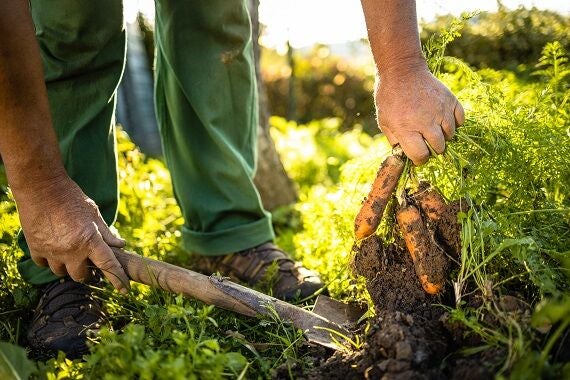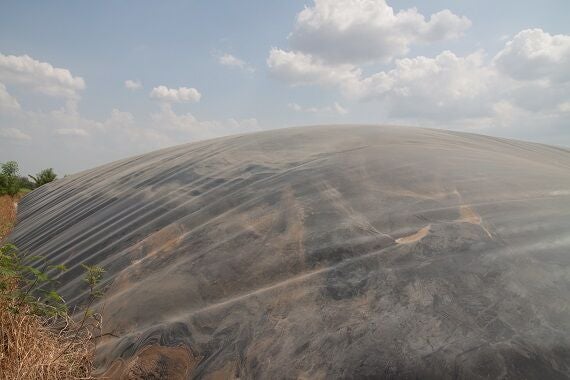New Zealand trial to crunch regen numbers.

Regenerative agriculture has become something of a buzzword in farming and food circles over the past year, and the subject of well populated field days, chat groups and media coverage.
As a practice, “regenerative” agriculture covers a broad sweep of land use practices, with a focus on regenerating topsoil while also improving water quality, building plant biodiversity on-farm and reducing the level of cultivation and tillage.
For its part, New Zealand is beginning to play catch up on acquiring data on its own regenerative experience.
In Canterbury, the Align Group of farms with four dairy units over 1,500ha has committed to a regenerative trial, effectively splitting the operation into conventional and regenerative across two dairy farms.
The transitioning dairy farms will be run half conventionally and half regeneratively for comparison, with data collated on environment, animal health, finances, the social impact on staff and community, and human health impacts in terms of the food quality of milk collected.
However, the company’s chief executive Rhys Roberts says the group is not approaching regenerative conversion with romantic delusions.
Regardless of the trial outcomes, its management believes the trial data will be invaluable in putting some numbers around regenerative practices, which up until now has had only anecdotal support.
Regardless of the trial outcomes, its management believes the trial data will be invaluable in putting some numbers around regenerative practices, which up until now has had only anecdotal support
“We need to remember, the farms are operating on fertile, well-watered Canterbury soil worth about $50,000 a hectare, and a reasonable rate of return for that has to continue to be made,” he said.
At an international level a group of big multi-national food giants including Nestle, Walmart and Unilever have also signed a memorandum agreeing to up size regenerative agriculture, while General Mills said it would apply the practice to 400,000ha by 2030.
Regenerative farming has also drawn the attention of the New Zealand government in the past few months.
Covid-19 has prompted greater government recognition of the role food production plays in this country’s economic survival. Regen’ agriculture is presented as an appealing option to combine that with the need to manage the pressures that production has placed upon greenhouse gases and water quality.
Covid-19 has prompted greater government recognition of the role food production plays in this country’s economic survival. Regen’ agriculture is presented as an appealing option to combine that with the need to manage the pressures that production has placed upon greenhouse gases and water quality.
The government has recently put $1.87 million from MPI’s productive and sustainable land use and extension fund to support farmers’ knowledge about regenerative farming.
Landcare Research is now engaged in a study of regenerative agriculture led by Dr Gwen Grelet, a soil ecologist. The “whole of sector” study includes speaking with a diverse range of farmers, industry and scientific groups.
The research is timely, and work done overseas only highlights how much needs to be done in New Zealand to ensure farmers are making informed decisions on land use change.
An Australian research project, the Holmes Sackett Report, released earlier this year 10 years of analysed data from 2007 to 2016, examining average returns from regen’ farms compared to conventional ones.
The report found that regenerative farms generated a return on assets of about 1.7 percent a year, while conventional farming returned 4.2 percent a year.
Duncan Ross, Bayleys national director rural said interest in regenerative practices may ultimately start to feed through to buyer’s enquiry for farm businesses, but it is not something we’ve yet seen.
“It may only be a matter of time, but it is important we see some transparent, relevant data so the market has some sound evidence of the value the practices bring with them.”
For anyone investing in pastoral or cropping farm businesses, regenerative systems will ultimately need to deliver a value-add element for final product in years to come.
“However the challenge for farmers may be whether that demand translates to a willingness by consumers to pay a higher price for regeneratively produced products, or its practices simply become an expected part of farm practice,” said Ross.
